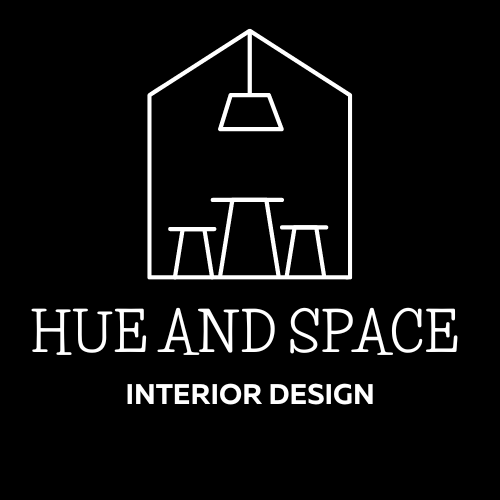How to think like an Interior Designer
Redecorating? First answer our interior designer's six key questions.
Interior designers have expertise in space planning, colour theory, materials and finishes, lighting design, furniture selection, art and accessory choices, building codes and regulations, and project management. Have you considered these four benefits in hiring an interior designer or decorator?
Saving time: Designing and decorating a space can be a daunting and time-consuming process. How can you achieve your vision? Hiring an interior designer to manage everything from the design itself to having access to trades, answering their questions, sourcing materials and organising deliveries can be the shortcut you need.
Access to resources: Interior designers have access to a wide range of resources, including trades, flooring and window treatment installers, fabrics, finishes, and furnishings that are not readily available to the general public. They can help you create a unique, personalised space that reflects your style.
Budget management: An interior designer can help you create a realistic budget and manage expenses throughout the project. They can also help you prioritise your spending and find cost-effective solutions to stay within your budget.
Stress reduction: Designing and decorating a space can be stressful, especially if you are unfamiliar with the process. If you don’t mind letting go, an interior designer can take on the stress and pressure of the project, allowing you to enjoy the process and focus on other things.
Hiring an interior designer can help you create a gorgeous, functional, and unique space.
Before you go ahead and hire an interior designer, there are six things that you can do first:
Determine your budget: Before booking a consultation, it's important to establish a budget for your project. This will help you to work within any financial constraints.
Decide what you are prepared to pay for your pieces. There are benefits that come with quality, like durability, performance, and long-term satisfaction. It's important to consider the value of quality when making purchasing decisions. Would you consider custom? Custom upholstery or joinery works with a unique design will bring an old piece to life, can be tailored to your specific needs and requirements and may provide the perfect fit for your unique design.
While high-end pieces can be beautiful and long-lasting, affordable options can also offer excellent value and functionality. In general, it is always important to consider your budget, needs, and priorities when purchasing furniture. Ultimately, the most important thing is to select furniture that meets your needs, fits your budget, and makes you happy.
Define your goals and objectives: Think about what you want to achieve with your project. Do you want to create a more functional space, improve the aesthetic appeal of your home, or both? A clear idea of your goals will help you communicate your expectations to your designer.
Research potential designers: Look for designers who have experience with the type of project you have in mind. Check their portfolios to see if their style matches your preferences. Also, read reviews and ask for references to get a sense of their work.
Have a clear idea of your style: Consider the style you want for your space, whether it's traditional, contemporary, or somewhere in between. This will help your designer to understand your tastes and preferences.
Prepare a list of questions: Before meeting with a designer, prepare a list of questions to ask about their experience, process, and pricing. This will help you better understand their approach and determine if they are a good fit for your project.
Here are some questions you may want to ask when hiring an interior designer:
What is your design philosophy or approach?
What is your experience with projects similar to mine?
Can you provide references or examples of past work?
How do you charge for your services?
What is your estimated timeline for completing the project?
Will you be overseeing the project yourself or delegating to others?
How do you handle changes or revisions during the design process?
Can you work within my budget constraints?
How do you handle communication with clients?
These questions can help you understand the designer's experience, process, approach, and ability to work within your budget and timeline. Be sure to ask any other questions specific to your project and needs.
By taking these steps, you can help ensure that you find an interior designer who is a good fit for your project and who can help you achieve your goals.
